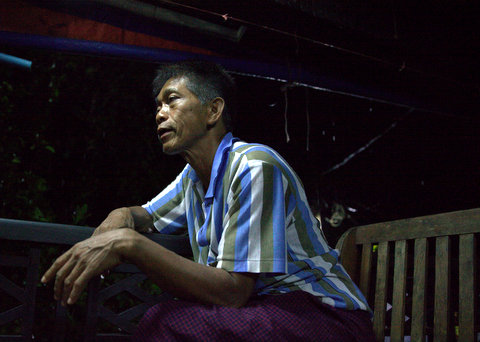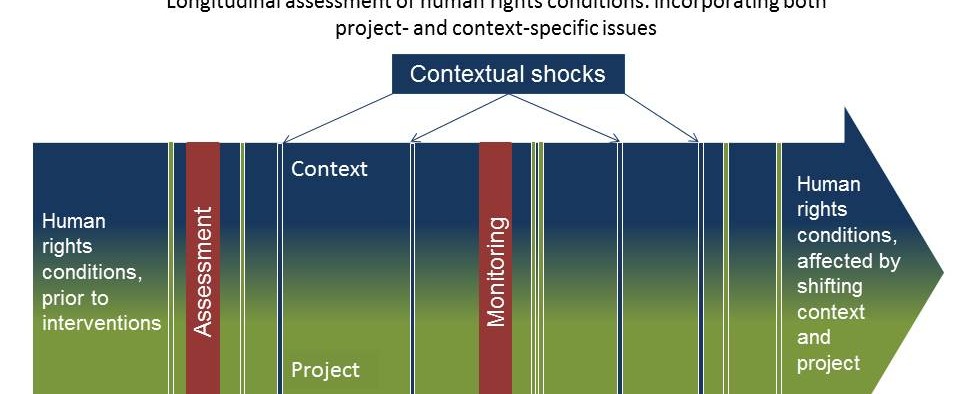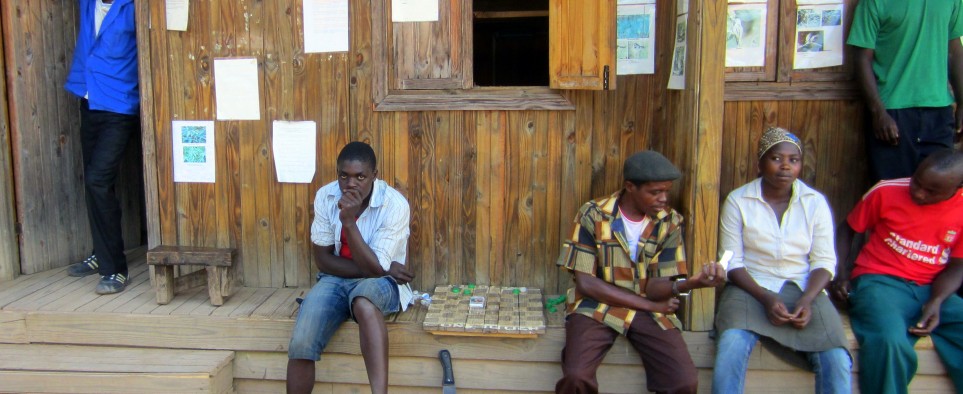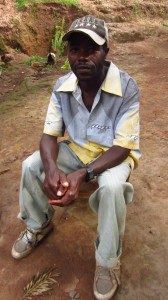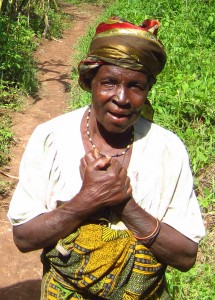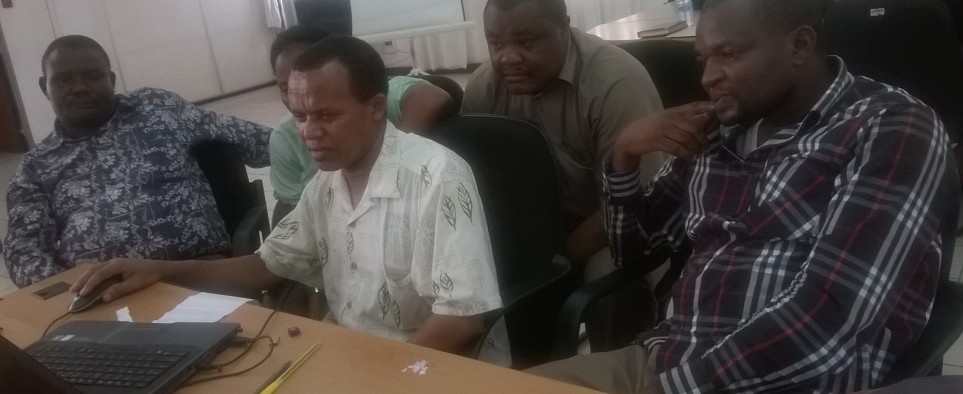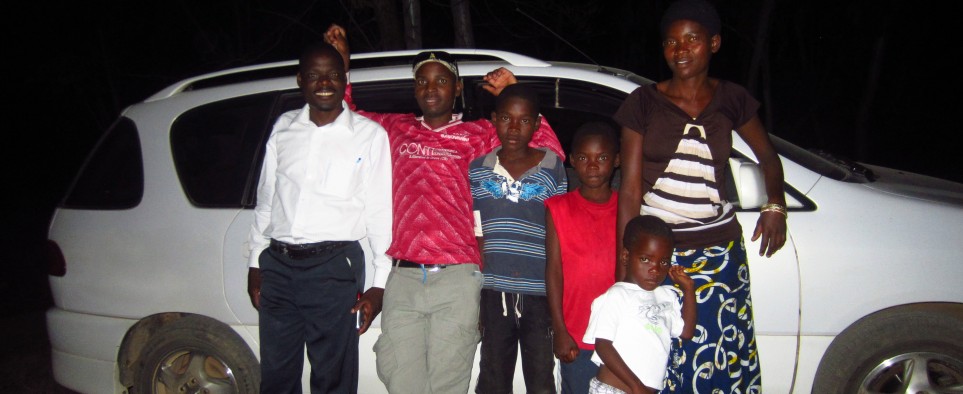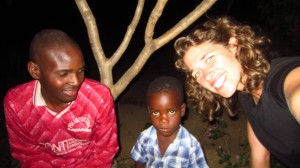Over mangoes and an energy drink with a longhorn-skull for a logo, our self-appointed village guide casually mentioned that he had told the military we would be coming to his rural village in the morning.
Our interpreter relayed this with a stony face. It was the first thing she brought up back in our car after the interview.
Her husband and our driver, the indefatigably brave, charming and socially conscious Shell, who spent 14 years in various of Myanmar’s notorious detention facilities as a political prisoner, heard the news and paused. “If I go to jail for this, it will have been in support of development for my fellow citizens.” Then he paused again and said, “But I’ve done worse – this won’t be the reason I go back to jail.”
This thought process was evoked by the mere idea of interviewing rural people about an electricity project – a gas-fired power plant replacement that the World Bank is funding.
Make no mistake, this power plant needs to be replaced – in its current state it is 39 years old, 17% efficient, and leaking hydrochloric acid and fuel into the surrounding soil. A new plant will double electric output, burn more cleanly, and avoid the HCl problem entirely.
But where energy is allocated when electric output doubles is an important question. The district the power plant is located in was a conflict zone until two years ago, partially controlled by the Karen ethnicity’s army and totally closed to foreigners. The conflict between the ethnic Karen people and the Myanmar government dates back to an early separatist movement in 1949. Brutal government crackdowns perpetuated anti-government sentiments within the population, which resulted in ongoing violence until a ceasefire agreement was signed in 2012.
The fragile ceasefire has come under scrutiny as Karen people have begun questioning the Myanmar government’s commitment to their welfare. A project that benefits the ethnic majority while leaving this ethnic minority literally in the dark risks exacerbating old tensions.
On the flip side, a financial investment in electricity that raises the living standards of ethnic minorities could concretely demonstrate that the peace process has created a space for shared benefits between the Karen and Myanmar ethnic groups.
The military didn’t talk to us, though they sat across the street while we chatted with people and watched us as we left town. Shell promises to keep us posted and send us updates on his freedom. As we analyze the potential human rights impacts of this investment program, we’ll post more.
(Photo Credit: Rachel Greiman June 2014)


